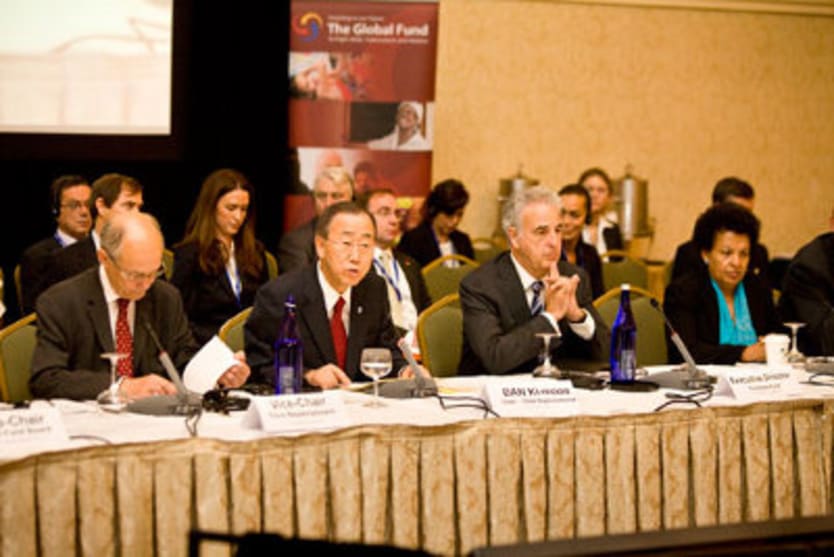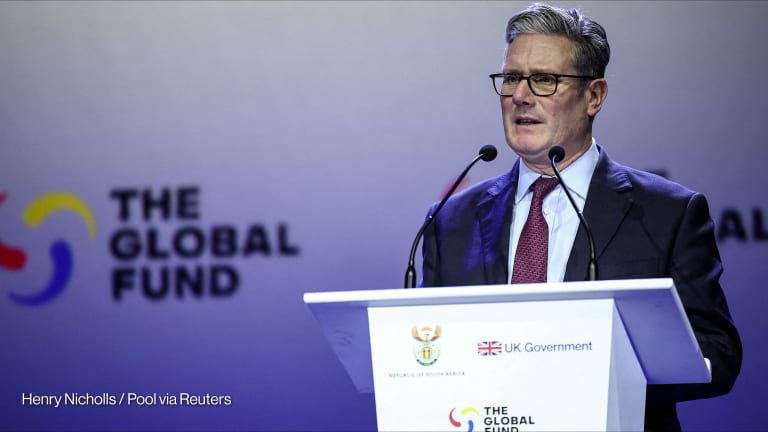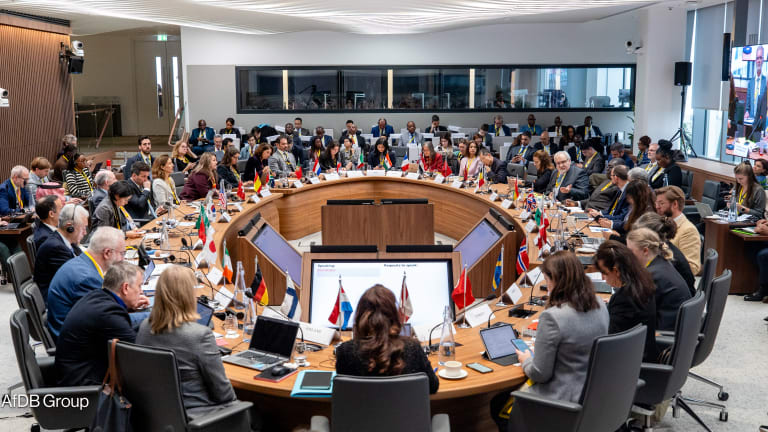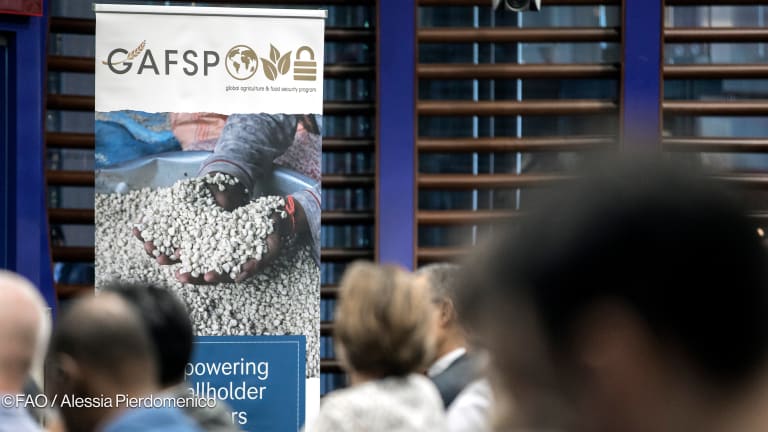
The disappointing outcome of the latest replenishment conference for the Global Fund to Fight AIDS, Tuberculosis and Malaria calls for a new ethos of action that includes improving efficiencies, enhancing measurement of health impacts, returning to basics and shedding unaffordable add-ons, J. Stephen Morisson of the Global Health Policy Center argues.
The Global Fund was able to raise USD11.7 billion during its replenishment conference held in early October in New York. The figure is way below the minimum target of USD13 billion and the goal of USD17 billion to USD20 billion.
>> Global Fund Secures USD11.7B for 2011-2013
Morrison adds that this shortfall in funding also indicates a need to redouble attention to prevention by elevating it as a strategic priority. Research into new and more affordable vaccines, therapies and diagnostics should also be given priority, the Global Health Policy Center director says.
“In the current context, it is critical to plan better for hard choices and ugly tradeoffs, anticipate and manage the inexorable conflicts over declining shares, and pay special attention to ensure fairness, orderliness, and stewardship of existing gains,” he explains.
Morrison says there are three important takeaways from the outcome of the Global Fund replenishment conference.
The first is the inescapable and, to an extent, expected effect of the global economic crisis.
“As long as the recession persists, a more rational, better planned model of fundraising will be needed, one that preserves a vital sense of forward momentum and growth, but does not scale ambitions to heights that are no longer achievable,” Morrison explains.
Second, Morrison says the funding shortfall shows how the motivational power of the AIDS cause has fallen back in the international scene. He explains that the perceived threat of the disease has diminished.
Finally, the outcome of the replenishment conference demonstrates the value of traditional donors, Morrison notes.
“There is simply no ready substitute for traditional donors, even while there is plenty of new motivation to push on new options that offer no short-term solutions but may over the long-term begin to close gaps,” the health expert explains. “Foundations and the private sector cannot be expected to cover donor shortfalls.”








